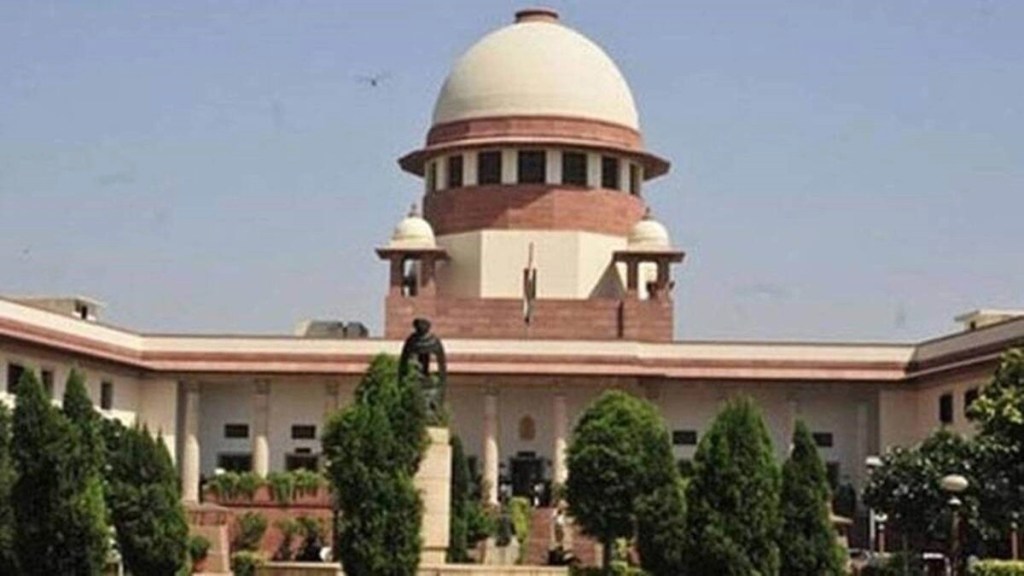The Government of India has supported the extension of reservation quotas for Scheduled Castes (SCs) and Scheduled Tribes (STs) in Lok Sabha and state assemblies. This stance was conveyed to the Supreme Court on Wednesday, with the promise of submitting additional supporting evidence to secure its position.
Solicitor General Tushar Mehta articulated the government’s stand before a five-judge Constitution bench, which is currently addressing petitions challenging the Constitutional validity of the Constitution 104th (Amendment) Act.
“We want to add more material to strengthen the case of the government that continuation of reservation is absolutely necessary,” stated Solicitor General Tushar Mehta.
Also Read: ‘When this govt wanted to protect cows…’: Mahua Moitra on delayed rollout of women’s reservation
The Constitution bench, presided over by Chief Justice of India D Y Chandrachud, along with Justices A S Bopanna, M M Sundresh, J B Pardiwala, and Manoj Misra, has scheduled a comprehensive hearing on November 21 to look into the matter.
Senior advocate Arayama Sundaram, representing the petitioners, raised questions about the amendments to Article 334 of the Constitution, particularly the extension of reservation periods.
He contended whether these amendments, which extend the reservation timeline, ought to be subjected to a careful judicial review. He emphasised the necessity of objective and quantifiable data to justify such extensions, as well as their compliance with Article 14, and whether they violate the basic structure doctrine by limiting judicial review of constituency delimitation and seat allocation for SCs and STs.
“If Your Lordships say it can be continued and decide against us on the other issues, then another issue would arise whether the distribution of the number of seats for SCs and STs without rotation is violative of Article 14, and whether the delimitation act is violative of Articles 81, 82, and 170 of the Constitution,” he asserted.
The bench articulated its intention to inspect the constitutional validity of the Constitution (104th Amendment) Act, 2019, to determine if it is “unconstitutional.”
Sundaram, however, highlighted that reservations are routinely extended every decade. Hence, he raised the prospect of future amendments after the 104th Amendment, prompting the question of their validity.
In response, the bench expressed its intent to examine “whether the exercise of constituent powers of amendment to extend the period prescribed for expiration of the period of reservations under Article 334 of the Constitution is constitutionally valid.”
The bench clarified that its examination of the 104th Amendment would pertain solely to SCs and STs, as the reservation for Anglo-Indians under Article 334(B) concluded after 70 years following the Constitution’s adoption.


